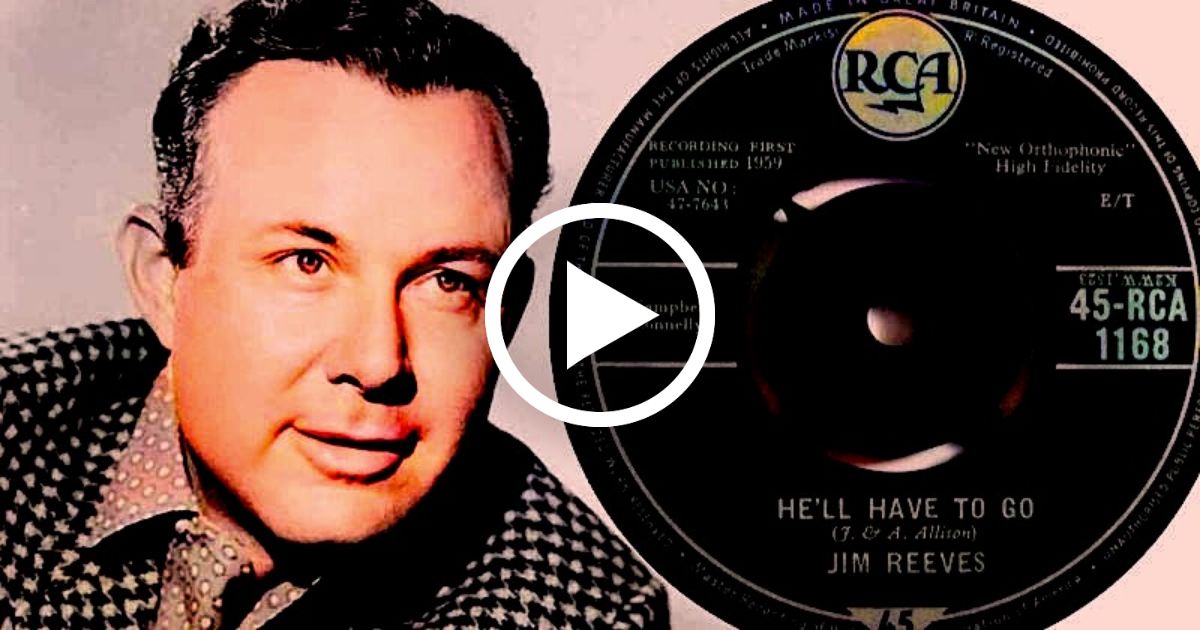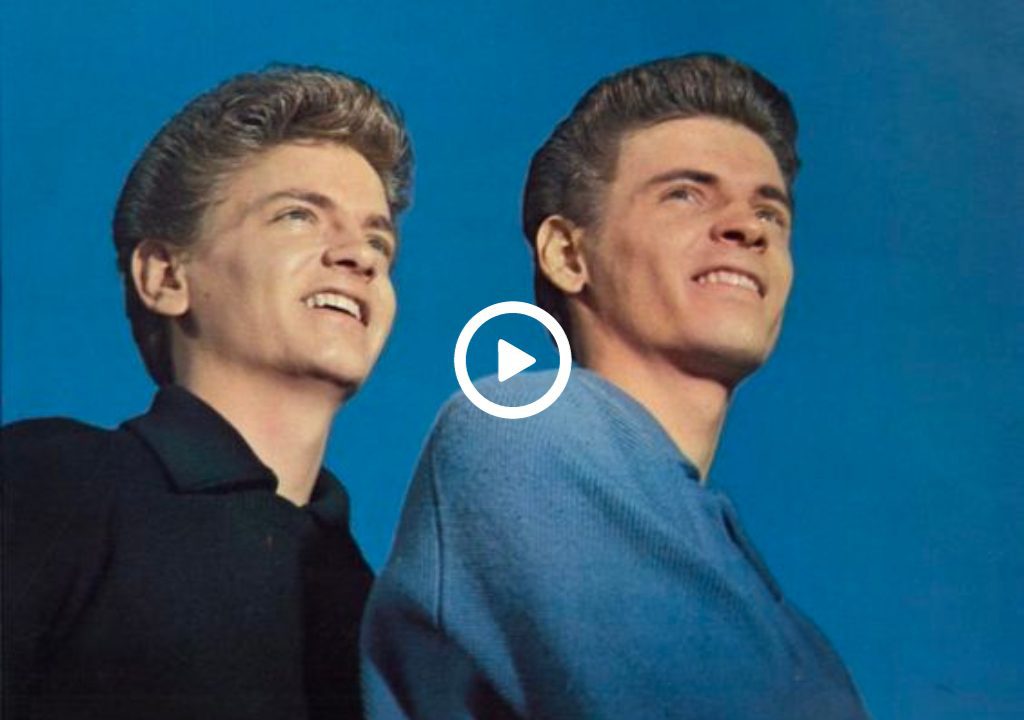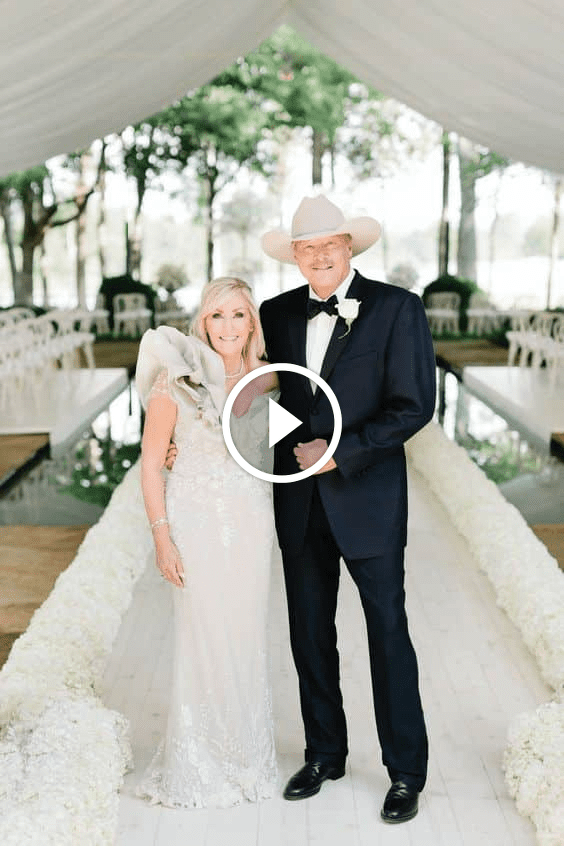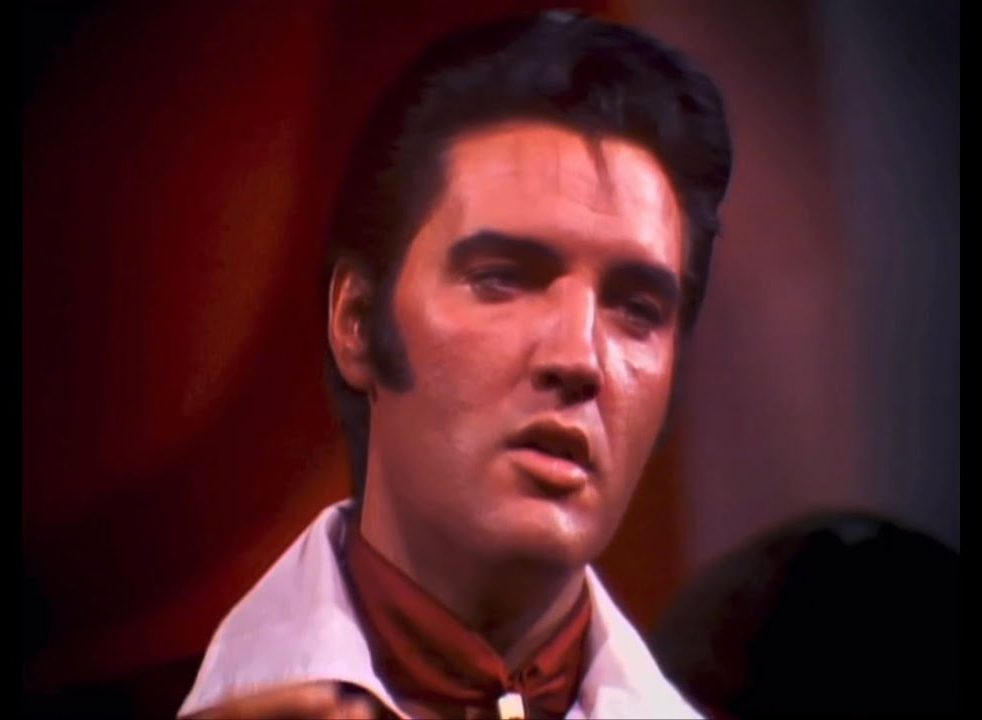Waylon Jennings, a towering figure in country music history, wasn’t just a singer; he was a pioneer. His rebellious spirit, raw vocals, and electrifying stage presence helped define the outlaw country movement of the 1970s. This subgenre challenged the polished sound and conservative themes that dominated Nashville at the time, instead embracing honesty, real-life struggles, and a touch of outlaw swagger. One song, more than any other, captured the essence of this movement and became its unofficial anthem: “Wild Ones”. Released in 1994 on the album Waymore’s Blues (Part II), “Wild Ones” wasn’t just a song; it was a declaration of independence, a retrospective look at Jennings’ rise to fame alongside his close friend and fellow outlaw, Willie Nelson. The song resonated with fans and critics alike, solidifying Jennings’ place as a legend and a champion of artistic freedom.
The origins of “Wild Ones” are a bit murky. While Jennings himself is credited as the sole songwriter, some speculate the song might have been inspired by earlier collaborations with songwriting giants like Billy Joe Shaver or Bobby Bare. Regardless of its genesis, the lyrics paint a vivid picture of Jennings’ early days in Nashville, a time of struggle and defiance against the industry’s rigid standards. He recounts his arrival with Willie Nelson, both brimming with raw talent and a refusal to conform. The song celebrates their wildness, their commitment to artistic integrity, and their eventual success in shaking up the Nashville establishment. “Wild Ones” transcends the typical braggadocio anthem, becoming a testament to the power of friendship, artistic vision, and the fight for creative freedom.
Producer Don Was, known for his work with artists like The Rolling Stones and Bob Dylan, took the reins for the recording of “Wild Ones”. Understanding the song’s rebellious spirit and its historical context, Was crafted a production style that mirrored the raw energy of the outlaw movement. A foundation of driving drums and a distorted electric guitar provide the rhythmic backbone, while a prominent honky-tonk piano adds a touch of classic country twang. Jennings’ vocals are the focal point. Delivered with his signature grit and a hint of defiance, his voice perfectly captures the rebellious spirit and the thrill of artistic victory. The overall sound is a potent blend of rock and roll energy and traditional country instrumentation, a sonic embodiment of the outlaw movement itself.
“Wild Ones” wasn’t a chart-topping hit for Waylon Jennings. However, the song became a cornerstone of his live performances and a rallying cry for fans of outlaw country. It earned critical acclaim for its honesty and its historical significance. “Wild Ones” stands as a testament to Jennings’ enduring legacy, his ability to craft an anthem that captured a movement, all wrapped in a song that continues to resonate with listeners across generations, serving as a reminder of the importance of artistic freedom, the power of collaboration, and the enduring legacy of the outlaw spirit in country music.




